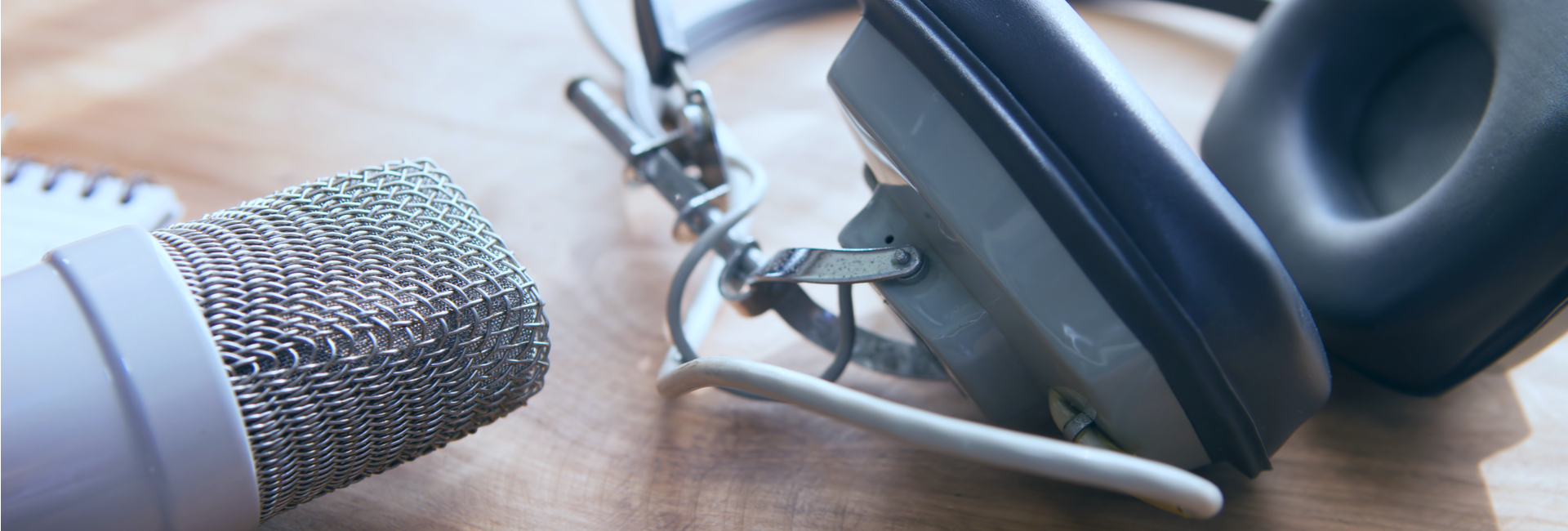Episode Fifty Eight | Just Skin Microbiomes as Evidence
Just Skin Microbiomes as Evidence
In the third episode of the 2018 NIJ R&D Season, Just Science speaks with Dr. David Carter, Director and Associate Professor of Forensic Sciences at Chaminade University of Honolulu, about his research, “Evaluating the Skin Microbiome as Trace Evidence on Common Surface Types.”
Microbiome trace evidence samples can be tracked back to individuals with high accuracy and used to narrow pools of suspects even when multiple people have touched a surface. The potential for microorganisms to reveal whether a particular person has touched an object is substantial. Listen along as Dr. Morgan and Dr. Carter discuss the implications of these findings as they apply to forensic science.
This episode of Just Science is funded by the National Institute of Justice’s Forensic Technology Center of Excellence [Award 2016-MU-BX-K110].
You can also find us on Stitcher or Soundcloud

Dr. David O. Carter is Director and Associate Professor of Forensic Sciences at Chaminade University of Honolulu. He also serves as Principal Investigator of the Laboratory of Forensic Taphonomy. His primary research interest is the decomposition of human remains, particularly in tropical environments. Current research projects focus on the structure and function of antemortem and postmortem microbial communities: using microbiomes as spatial and temporal evidence. He is interested in understanding the relationships between decomposing remains, microbial communities, and the environment. Dr. Carter’s ultimate goal is to get quality science and technology in the hands of first responders and investigators.
Dr. Carter is an active member of the forensic science community with a significant interest in undergraduate education. He is a Fellow in the Pathology/Biology Section of the American Academy of Forensic Sciences and has recently served as Secretary for the Pathology/Biology Section. Dr. Carter also serves on the Medicolegal Death Investigation Subcommittee in the Organization of Scientific Area Committees, a joint endeavor between the US Department of Justice and US Department of Commerce. He incorporates these experience into undergraduate education where he plays an active role in curriculum development, assessment, academic advising, and recruiting.
Additional Resources:
Dr. Carter’s 2018 NIJ R&D archive presentation recorded at AAFS


